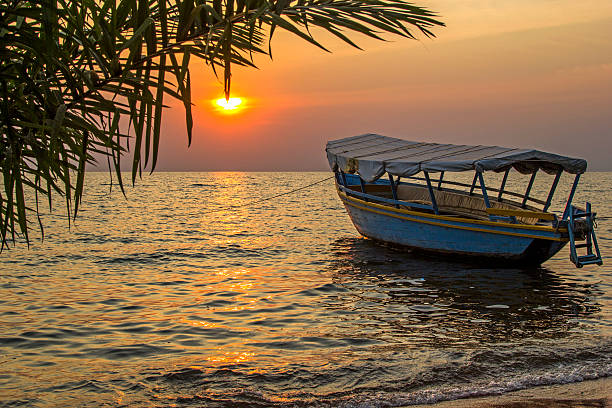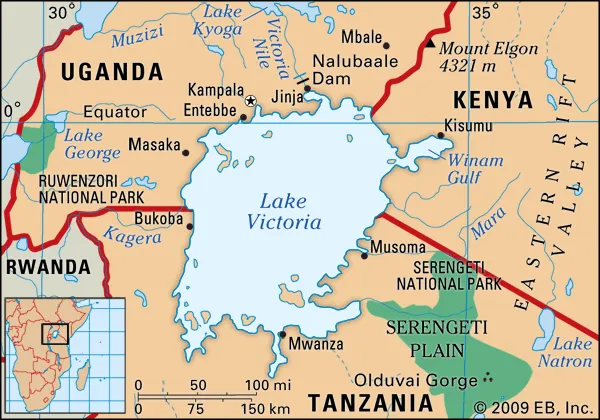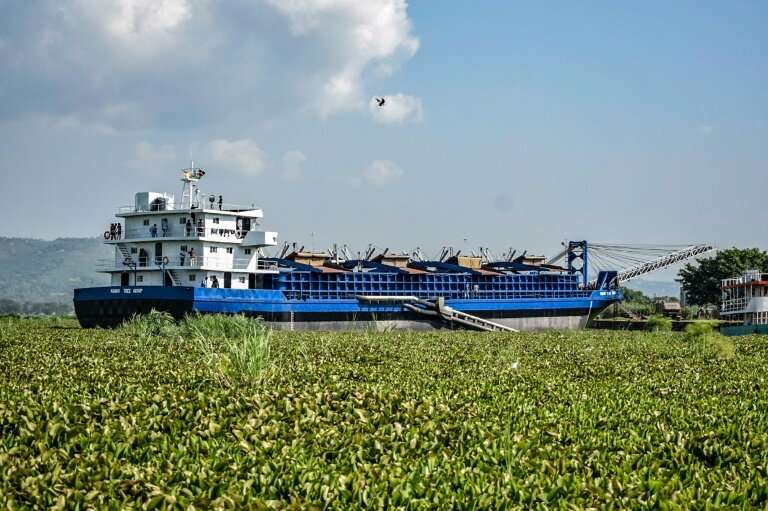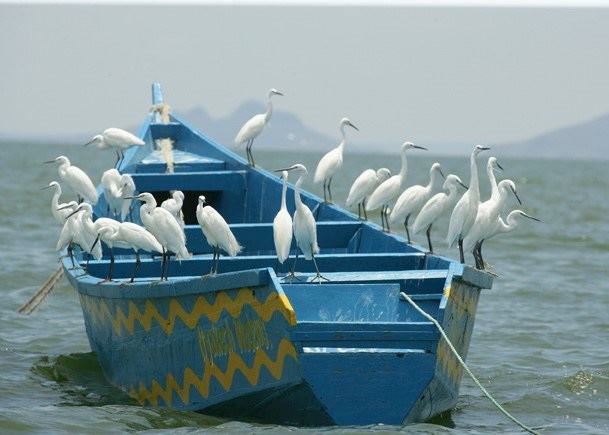
Lake Victoria
Lake Victoria also known as a “enyanja nalubale“, is in the heart of East Africa and the biggest fresh water lake on the African continent. It is a magnificent freshwater lake that holds immense cultural, ecological, and economic significance for the region. Spanning across three countries—Uganda, Kenya, and Tanzania—Lake Victoria is the largest lake in Africa and the second-largest freshwater lake in the world. This essay explores the various facets of Lake Victoria, shedding light on its history, ecological importance, economic value, and the challenges it faces in the modern era.

Historical Significance:
Lake Victoria has a rich and fascinating history that dates back thousands of years. It played a pivotal role in the exploration of Africa by European explorers like John Hanning Speke and Sir Richard Burton in the 19th century. These explorations unveiled the source of the Nile, the world’s longest river, which flows out of Lake Victoria. The lake also served as a vital trade route, connecting the interior of Africa with the coast, facilitating commerce and cultural exchanges.
Ecological Importance:
Lake Victoria is a haven for biodiversity and sustains a remarkable array of flora and fauna. The lake is home to approximately 500 species of fish, including the iconic Nile perch, which holds great ecological and economic significance. Moreover, it supports an array of bird species, such as cormorants, pelicans, and fish eagles. The lake’s wetlands and surrounding forests provide essential habitats for a variety of wildlife, including hippos, crocodiles, and primates. Lake Victoria’s ecological health is vital for maintaining the delicate balance of the East African ecosystem.

Economic Value:
The lake’s immense economic value cannot be understated. It supports the livelihoods of millions of people who depend on fishing as their primary source of income. The fishing industry on Lake Victoria has boomed in recent decades, with fish being a staple food for the local population and an important export commodity. However, unsustainable fishing practices, such as over fishing and the use of illegal nets, have led to ecological imbalances and the decline of certain fish populations. Efforts are being made to promote sustainable fishing practices and preserve the lake’s resources for future generations.

Transportation and Trade:
Lake Victoria serves as a crucial transportation route for the three countries that surround it. It enables the movement of people and goods, linking communities and fostering regional integration. Numerous ports and harbors have been developed along its shores, facilitating trade and boosting economic growth. The lake also offers opportunities for recreational activities, such as boating, sailing, and tourism, which contribute to the local economy.
Environmental Challenges:
Despite its importance, Lake Victoria faces numerous environmental challenges. Pollution from industrial and agricultural activities, as well as untreated sewage, poses a significant threat to the lake’s water quality. Invasive species, such as the water hyacinth, have wreaked havoc on the lake’s ecosystem, affecting fish populations and disrupting local communities. Climate change, with its unpredictable weather patterns and rising temperatures, further compounds these challenges, leading to increased water levels, erosion, and loss of biodiversity. Addressing these environmental issues requires international cooperation, sustainable practices, and the involvement of local communities.

Conclusion:
Lake Victoria stands as a majestic jewel in EastAfrica, encapsulating the history, ecological diversity, and economic importance of the region. As we navigate the challenges of the modern era, it is imperative that we recognize the significance of this natural wonder and strive to protect and preserve it for future generations. By fostering sustainable practices, promoting environmental awareness, and ensuring responsible management, we can secure the legacy of Lake Victoria. It is a symbol of East Africa’s natural heritage and a source of prosperity for its people.






